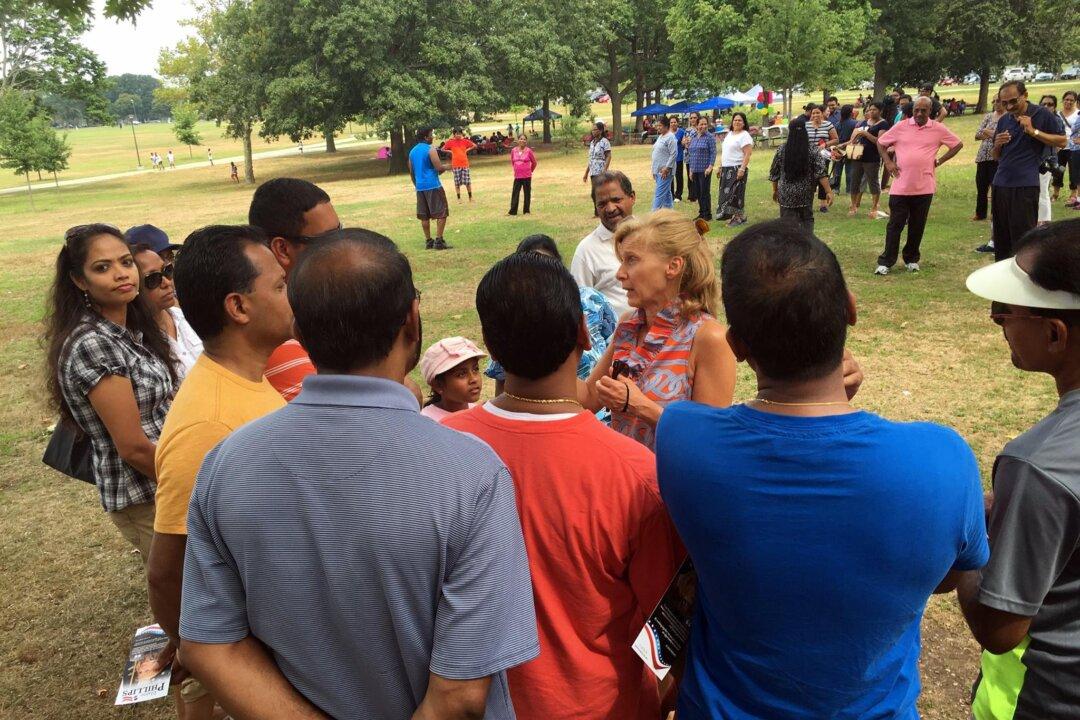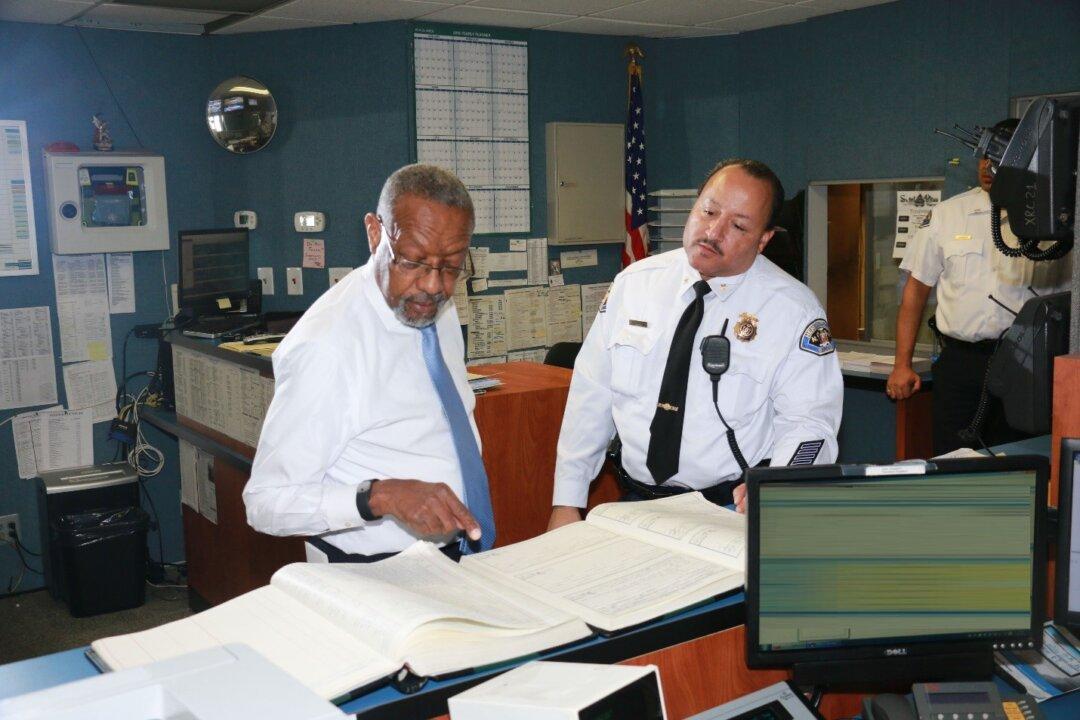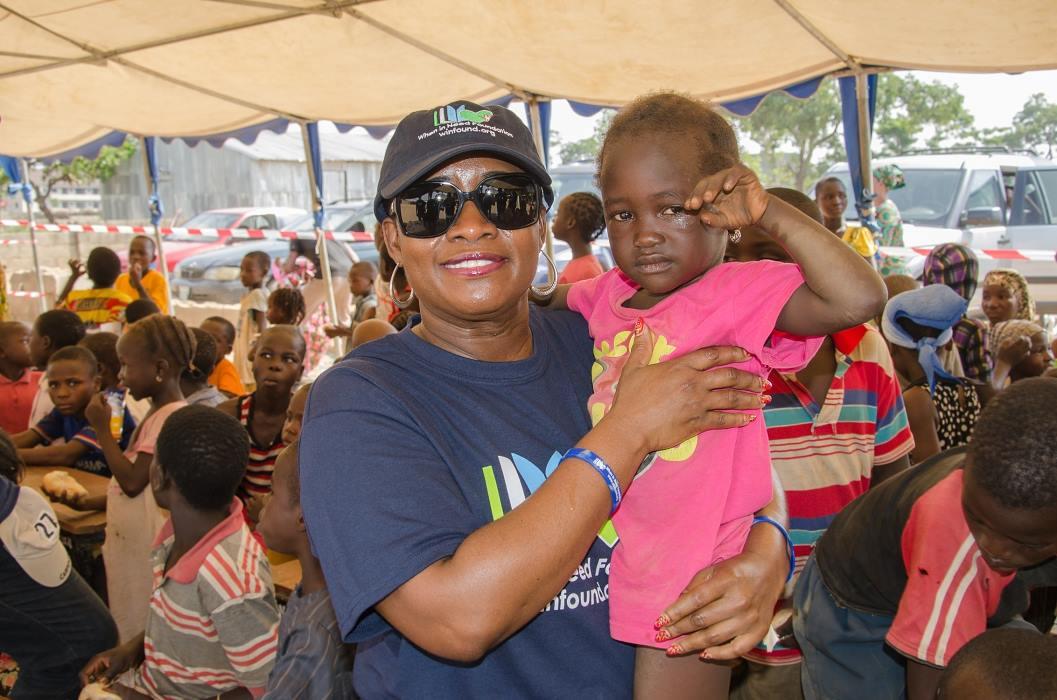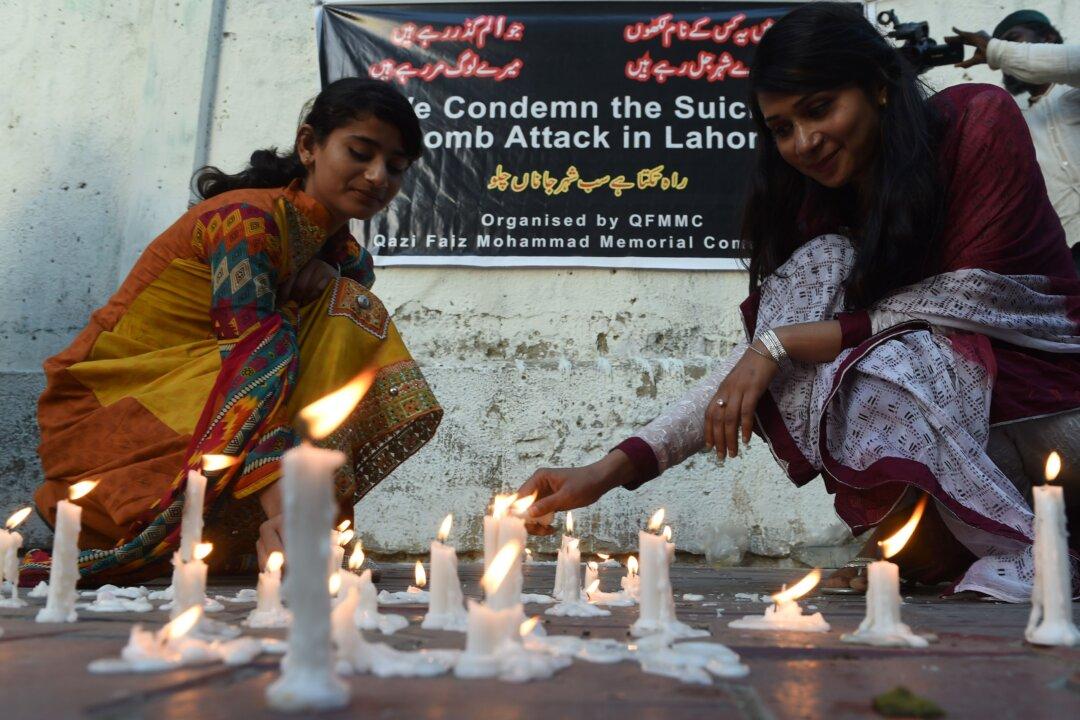The list containing the names of the dead arrived in the West on Dec. 15, 2014, the anniversary of the start of the civil war in South Sudan. On the list, collected by the small group of European humanitarians who call their organization “Naming Those We Lost” (NTWE), are 572 names; those recorded ranged in age from that of a 5-year-old boy, Acwil Nyago Arop, to that of a 105-year-old great-great grandmother, Nyajang Nhyidhok Odok.
This list, though, reflects only a fraction of the total number of the Sudanese who have been slaughtered during the past year. According to a statement issued by U.N. Secretary General Ban Ki-moon in late December, the actual number amounts to “tens of thousands of South Sudanese who have been killed.” And respected Africa analysts have offered estimates that go beyond Ban’s vague figures, approximating the total of the dead to be in the range of 70,000 South Sudanese.
As in all wars, the devastation in South Sudan goes beyond the counting and the estimating of the dead. Of the East African nation’s 12 million people, approximately 2 million have been forced by the fighting to leave their homes and move as nomads throughout a country covered mostly by tropical forests, swamps, and grassland; and with this forced migration has come the additional consequences that war always makes inevitable: widespread disease, mass starvation, the separation of children from their parents, gang rapes of women and young girls, and the recruitment of young boys, once themselves simply innocent children, now to be used to perpetuate this hell as child soldiers.
And as this misery has continued day after day since this civil war began, the civilized world, as if blaming the tragic people of South Sudan for the misery they have suffered, has done virtually nothing to stop it. Of the traditional peacekeepers who might be able to stop at least some of the killing, America, the European Union, the African Union, the United Nations—the usual good guys—have sent not one. The reason for this inaction, some African analysts have suggested, is that the West and its allies in Africa did not anticipate the situation, nor were they willing to intervene in South Sudan, particularly with the crisis created by the rise of ISIS in the Middle East.
Post-Independence War
This current war—which comes just five years after the predominately Christian and Animist South won its Western-brokered independence from the predominately Muslim North in 2011 after a 20-year civil war that is estimated to have claimed 2 million lives—started with little warning as a simple internal conflict. After opposing factions of the presidential guard exchanged gunfire in Juba, the capital of the nation, South Sudan’s president, Salvir Kiir, accused his deputy, Riek Machar, of attempting to stage a coup. With that, there would be no going back for either of them.
Within a short time, the conflict escalated into an all-out national tribal war, with Kiir’s tribe, the Dinka, fighting against Machar’s tribe, the Nuer, and with many of the nation’s other tribes, whatever their reasons, choosing sides and joining the fight. As a result, today, innocent men, women, and children continue to be murdered, tortured, enslaved, and raped on a massive scale.
What can be done to stop this hell on earth? Before I started writing this column, I consulted with a man named Simon Deng and asked him that question. Deng is a highly respected human rights activist who is known to possess both a strong historical and a deep personal understanding of the suffering of the people of South Sudan. Born in that nation, Deng, a Christian, when only 9 years old, was captured by Muslim troops after they had raided and destroyed his small village. These soldiers later gave Deng to a Sudanese Muslim family as a slave, a word synonymously referred to in the parlance of both his abductors and his enslavers as a “gift.”
There have been estimates ranging as high as 300,000 Christians and Animists throughout the entire continent of Africa who have been captured by Muslims and forced into slavery in the past three decades alone. Deng turned out to be one of the few lucky ones. Three years after his capture, he found a way to escape.
Later, as a young man, Deng immigrated to America, where he was to eventually become a leading unpaid spokesman for the people of Sudan. In this high profile role, whether speaking as an invited guest to the United Nations Human Rights Commission as he did in 2005 and 2008, or conversing in separate meetings with then President Bush and then Sen. Obama as he did in 2006, or communicating to the American public through the print and broadcast media, as he has done for the past 20 years, Deng has always conveyed the same simple plea: The world must work together to end the terrible suffering of the people of Africa.
Deng’s analysis of the current suffering in South Sudan and his subsequent answer to my question about how to end it should be, I thought as he spoke, heard by President Obama as well as every other concerned leader of the free world.
“When South Sudan became an independent nation in 2011 after a bloody 20-year war with the North, its people were filled with great joy and great hope,” he stated. “However,” he continued, “because the country lacked the essential political and social tools required for democratic governance, what should have been a resolvable dispute between Kiir and Machar turned into this horrible tribal-fueled civil war. … At this moment, the South Sudanese no longer view themselves as one people living in one country, but rather as feuding tribes. But I believe in my heart, soul, and mind that this could change, [and] a way to heal the terrible wounds could be found and peace could be restored to the nation.”
Recipe for Peace
For this horrible civil war to come to an end and for this peace and reconciliation to be achieved, Deng believes that the appropriate parties, while reluctant to do so in the past, have to now initiate a strong and unified peace plan.
“With their combined influence and power,” Deng stated “the Americans, the United Nations, the European Union, and the African Union must carry a big stick and inform Kiir and Machar, both of whom can be contacted, that they have two choices: To leave Sudan voluntarily and be offered a safe haven in any nation of their choice; or be held legally accountable for the crimes committed in their names. Kiir and Machar are not stupid. I am totally convinced, they will accept the first choice.
“Once Kiir and Machar are gone,” Deng elaborated, “through the assistance of the intervening nations an interim government must be established and then a powerful wave of reconciliation that reaches to the villages to the grassroots of all of the victims must begin.
“As this process of reconciliation moves forward, governmental and private institutions have to be developed based on the concept that no tribe is better than another, no religion is better than another, and every one is equal before the law.
“That is the only way to build a nation, so those who have suffered so much loss and endured so much hurt will begin to think, ‘Maybe there’s hope for tomorrow. Let’s put our hopes, dreams, and faith in ourselves and our nation.’”
While at first reluctant to discuss it, Deng himself has lost loved ones during the war. “My beautiful 9-year-old niece and my great aunt, who was the eldest member of our family, and five other close family members were massacred,” he told me. “But I have tried to avoid discussing my personal grief and instead place all of my thoughts on every one of the innocent victims of this terrible civil war—the men, the women, the girls, the boys, the poor little infants.”
Let the world act to stop this horror.
Robert Golomb is a nationally published columnist. Mail him at [email protected] and follow him on Twitter @RobertGolomb.




